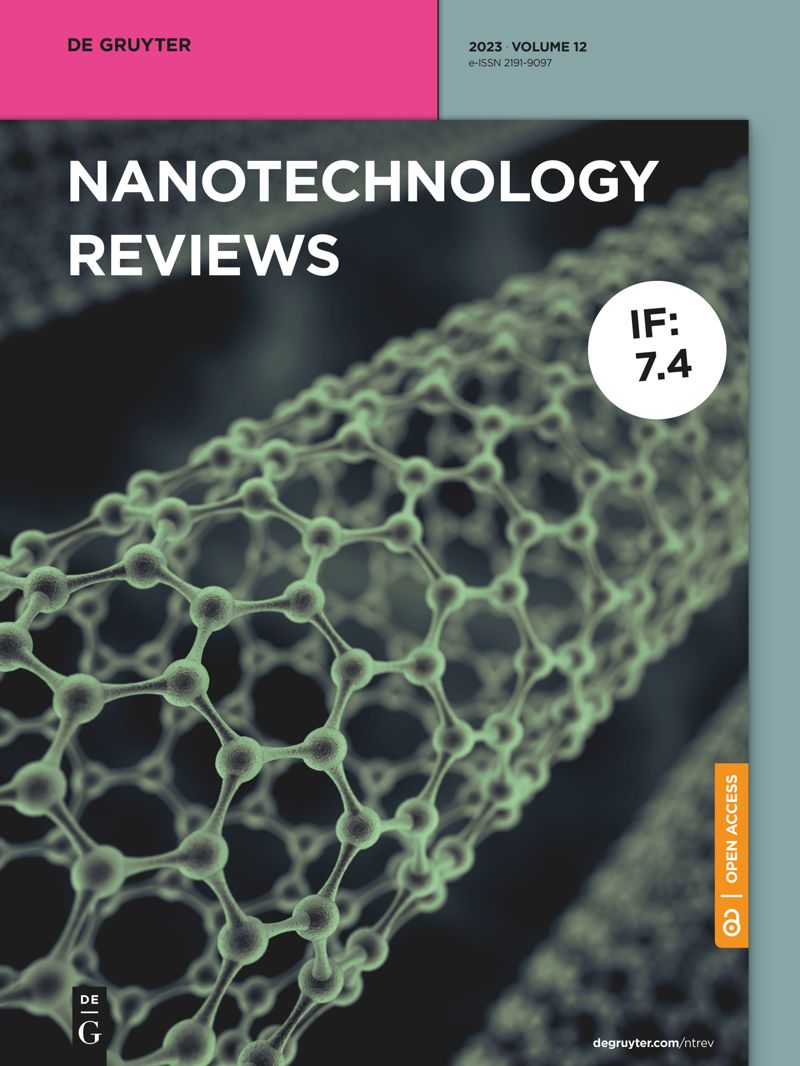含尘四杂卡森纳米流体在平行微板间广义两相自由对流磁流体力学流动的探索
IF 6.1
3区 材料科学
Q1 CHEMISTRY, MULTIDISCIPLINARY
引用次数: 0
摘要
Dusty Casson流体和四混合纳米流体是一种复杂的现象,在工程和工业应用中有着广泛的应用。例如,含尘流体用于气体冷冻系统和核反应堆。本文的主要目的是研究含尘四杂化卡森纳米流体在平行微板间广义两相自由对流磁流体动力学特性:含尘卡森流体和四杂化卡森纳米流体表现出自由运动和导电性。最近发现的Caputo-Fabrizio分数阶导数推广了控制流动的偏微分方程。利用有限正弦傅里叶变换和拉普拉斯变换可以得到高精度的温度和速度分布。本研究考察了温度、尘粒速度和卡森流体速度之间的关系,以及磁参数、格拉什夫数、尘粒流体参数、佩莱特数、雷诺数和颗粒质量参数的影响。Mathcad-15软件以图形方式提供Casson、dust和温度曲线。研究了四杂化纳米流体的努塞尔数和表面摩擦。分数卡森流体模型在速度、温度、传热和表面摩擦方面比经典模型更精确。图形结果表明,分数卡森流体模型比经典卡森流体模型更真实地描述了(流体和尘埃粒子)速度和温度分布、传热率和表面摩擦。四杂化纳米流体的换热率从0提高到39.3111%。本文章由计算机程序翻译,如有差异,请以英文原文为准。
Exploration of generalized two-phase free convection magnetohydrodynamic flow of dusty tetra-hybrid Casson nanofluid between parallel microplates
Abstract Dusty Casson fluids and tetra-hybrid nanofluids are complex phenomena that find their extensive uses in engineering and industrial applications. For instance, dusty fluids are used in gas-freezing systems and nuclear power reactors. The main objective of this article is to focus on the characterization of generalized two-phase free convection magnetohydrodynamic flow of dusty tetra-hybrid Casson nanofluid among parallel microplates: dusty Casson fluid and tetra-hybrid nanofluid exhibit free movement and electrical conductivity. The Caputo–Fabrizio fractional derivative recently discovered generalizes the partial differential equations governing the flow. Highly accurate temperature and velocity distributions can be obtained using finite sine Fourier and Laplace transform together. This study examines the relationships between temperature, dust particle velocity, and Casson fluid velocity, along with the effects of magnetic parameter, Grashof number, dusty fluid parameter, Peclet number, Reynold number, and particle mass parameter. The Mathcad-15 software provides Casson, dusty, and temperature profiles graphically. The Nusselt number and skin friction are also examined for the tetra-hybrid nanofluid. The fractional Casson fluid model is more accurate than the classical model in terms of velocity, temperature, heat transfer, and skin friction. Graphical results conclude that the fractional Casson fluid model describes a more realistic aspect of both (fluid and dust particle) velocities and temperature profiles, heat transfer rate, and skin friction than the classical Casson fluid model. Furthermore, the heat transfer rate enhanced from 0 to 39.3111% of the tetra-hybrid nanofluid.
求助全文
通过发布文献求助,成功后即可免费获取论文全文。
去求助
来源期刊

Nanotechnology Reviews
CHEMISTRY, MULTIDISCIPLINARY-NANOSCIENCE & NANOTECHNOLOGY
CiteScore
11.40
自引率
13.50%
发文量
137
审稿时长
7 weeks
期刊介绍:
The bimonthly journal Nanotechnology Reviews provides a platform for scientists and engineers of all involved disciplines to exchange important recent research on fundamental as well as applied aspects. While expert reviews provide a state of the art assessment on a specific topic, research highlight contributions present most recent and novel findings.
In addition to technical contributions, Nanotechnology Reviews publishes articles on implications of nanotechnology for society, environment, education, intellectual property, industry, and politics.
 求助内容:
求助内容: 应助结果提醒方式:
应助结果提醒方式:


